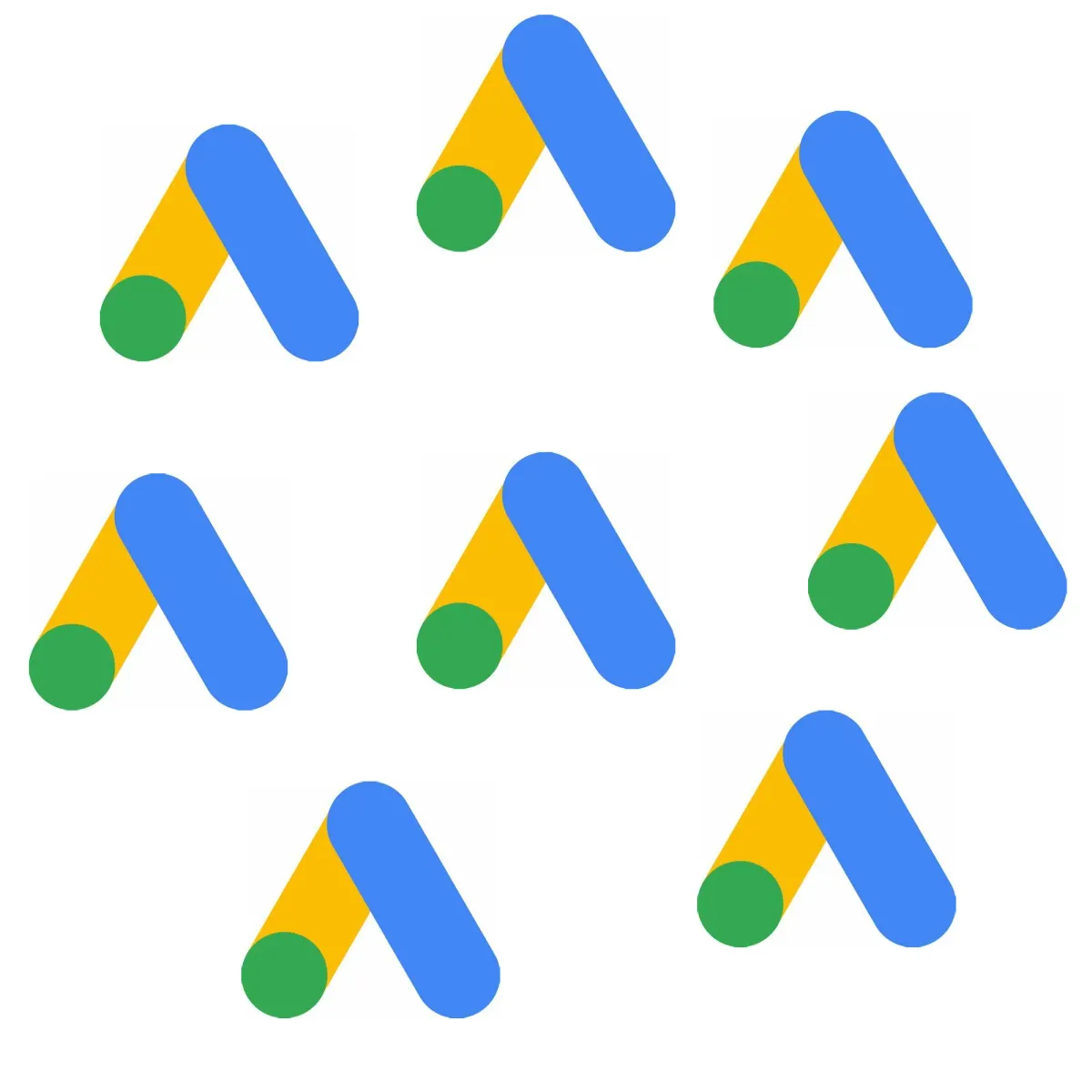
According to an announcement posted on February 6, 2025, Google Ads is implementing mandatory changes for advertisers using Offline Conversion Import (OCI) for apps. The update requires advertisers to include a new parameter called 'conversion_environment' in their data uploads by April 30, 2025, affecting how conversions are attributed across web and app environments.
The modification aims to enhance attribution accuracy for cross-environment conversions. According to Becca Wong, Global Product Lead for Web to App Connect at Google, the parameter enables advertisers to specify whether a conversion occurred on a website or within an application, improving the precision of Smart Bidding algorithms.
The technical implementation requires advertisers to add the conversion_environment parameter to their conversion tracking setup. This parameter accepts four possible values: UNSPECIFIED, UNKNOWN, APP, and WEB. The announcement states that APP indicates the conversion was recorded on an application, while WEB designates conversions recorded on websites.
The change carries significant implications for campaign performance. Without implementing the parameter by the deadline, app signals in Smart Bidding will be disabled for web campaigns. According to the documentation, this could result in decreased app conversions and overall campaign performance degradation.
The modification provides three primary benefits for advertisers. First, it enhances campaign optimization by allowing cross-environment conversions to be accurately attributed to advertisements. Second, it introduces ad destination reporting capabilities, revealing performance patterns between app and website conversions. Third, it streamlines troubleshooting processes with Google's technical support team.
For implementation, advertisers must modify their conversion tracking code to include the new parameter. The documentation indicates that the parameter should be set during the conversion upload process using the Google Ads API. Advertisers utilizing third-party tools or custom solutions for conversion tracking need to ensure their systems are updated to accommodate this change.
The announcement comes amid broader changes to Google's advertising ecosystem. Six days earlier, on January 28, 2025, Google updated its conversion environment documentation in the Google Ads API, preparing the technical groundwork for this modification. Additionally, Google announced on the same day that the continuous scroll experience will be rolled back globally across all languages in Search, with implementation beginning in June 2024.
For accurate attribution across web and app traffic, Google recommends a three-step implementation process: setting up app conversion tracking through Firebase SDK or third-party SDK, sending all connector pings with Google Click ID to Google Ads, and linking the GA4F or third-party account to the Google Ads customer ID.
The technical specifications indicate that conversion environment data becomes particularly valuable when analyzing traffic patterns across different platforms. According to the documentation, this segmentation helps advertisers understand performance variations between app and web conversions, though it may not be compatible with all metrics, such as view-through conversions for video and app campaigns.
The timeline gives advertisers approximately three months to implement these changes. The deadline of April 30, 2025, applies to all advertisers using Offline Conversion Import for apps, regardless of their account size or conversion volume. After this date, failing to include the conversion_environment parameter will impact campaign performance through disabled app signals in Smart Bidding.
Organizations using the Google Ads API for conversion uploads need to update their implementation to include this parameter in their ClickConversion objects. The documentation specifies that this change affects the conversion upload process and requires modifications to existing conversion tracking setups.
This modification represents a significant technical requirement for advertisers tracking cross-environment conversions, emphasizing the growing complexity of attribution in modern digital advertising systems. The change reflects the increasing sophistication of conversion tracking mechanisms and the need for precise attribution across different user environments.

